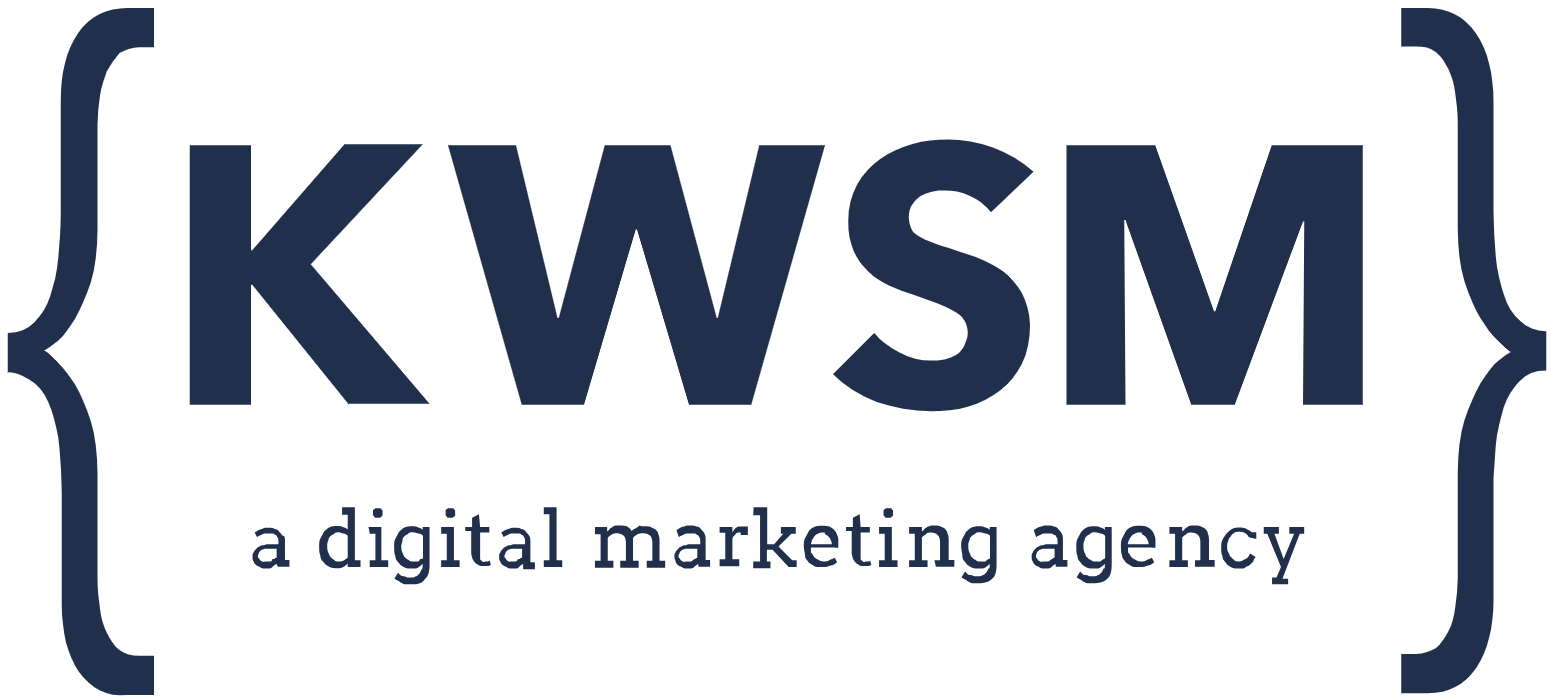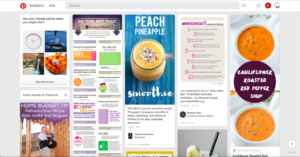The political season is in full swing, and Facebook faces backlash over party bias, Snapchat proves it has the financial stability to remain a major player in the social space, and Pinterest changes course allowing pinners to cash in. These are the top stories in social media making news this week.
Newsfeed Bias?
We all know Facebook has an algorithm. But does the world’s largest social media platform also have a political agenda? Controversy this week after some accused Facebook of using political bias to determine which news stories were shown in its Trending Topics section.
According to Gizmodo.com, a former Facebook employee revealed that the platform would not highlight conservative focused news stories despite the organic trending status of these stories. Facebook, which in recent years has formed itself into a news source for its 167 million US users, uses this trending topics section to deliver topical news items into the newsfeed.
The former employee told the tech site, “I believe it had a chilling effect on conservative news.” Facebook has since released a statement on the issue stating the company does not show any political bias, but it is possible that employees having been interjecting their personal bias when selecting news stories for the site.
Snapchat’s Strong Support
If you thought Snapchat would disappear as quickly as the snaps on the platform, you missed the mark. While it hasn’t been easy for new social media platforms to reach the likes of Facebook, Twitter, LinkedIn, Pinterest, and Instagram, it appears Snapchat is showing some lasting power.
Snapchat this week raised another $1.8 billion in funding and now has a valuation of nearly $20 billion. With the big boost from investors, the platform exceeded an original prediction of $16 billion.
Companies, personal users, and advertisers alike all have begun to look towards Snapchat as a new way to interact with consumers. Many brands were hesitant to dip their toes in the water when the platform launched, dismissing it as a channel primarily used by teens. But major brands have capitalized on using the platform to reach the younger demographic.
Pinterest Allows Affiliate Links
In early 2015, Pinterest began removing all affiliate links on the site as an attempt to remove spammers from the site. The site warned users that they would block any affiliate links posted. But now the platform is doing an about-face.
Pinterest has now decided to allow users to post affiliate links. These links allow users to make money off of the pins that they post if they have an affiliation with the company. Bloggers and other can reap the benefits they once did from their affiliate posts.
If you don’t see traffic from your Pinterest feed, having affiliates pin your products would increase your exposure and compensate the people posting your content.
Like these news nuggets on social media, and want to learn more about blogging? Check out these tips on how fonts can make you copy sizzle.




